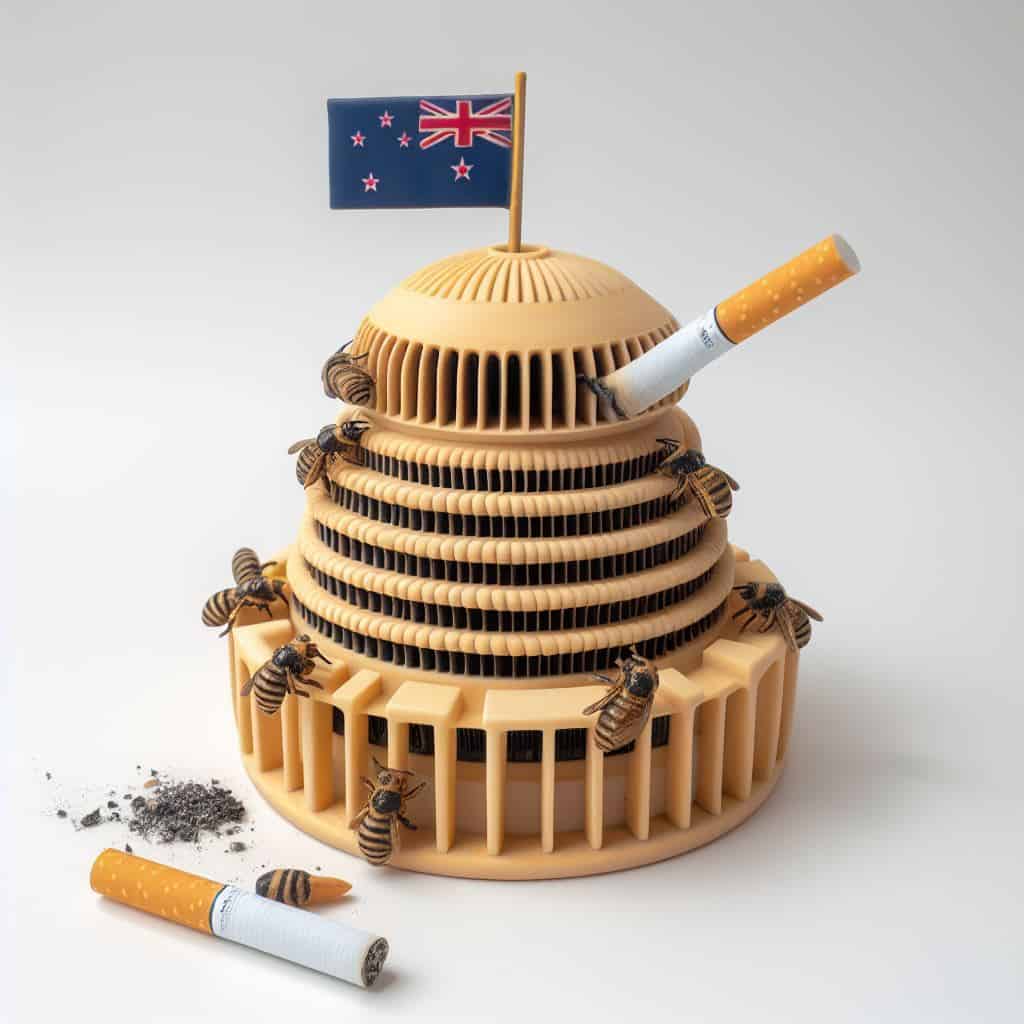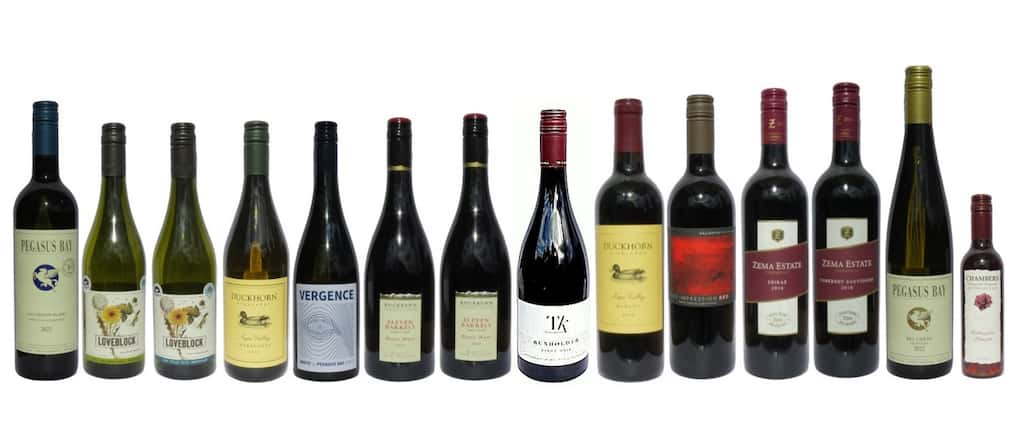ANDREW JOHNSTON’S grandfathers were chalk and cheese, but they both shared the same passion: growing their own veg.
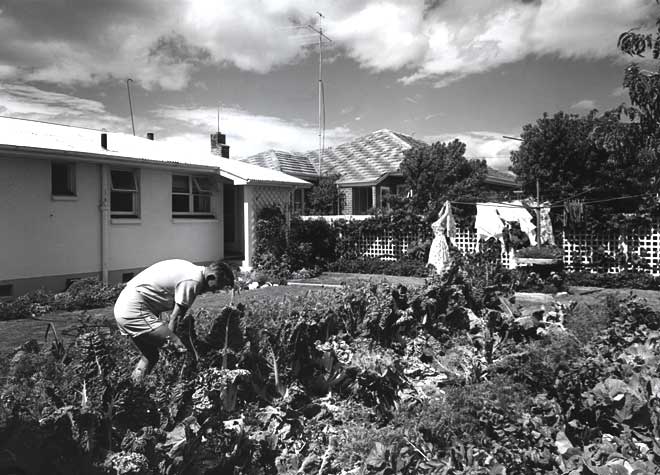
Both my grandfathers were vegetable gardeners through necessity: Bob because he was dirt poor for a good half his life and had a family to feed, and Bill because he was a farmer in an age when going to town to buy supplies was a luxury. The task was so ingrained in their natures that they both maintained large gardens until their deaths, never growing less than enough to sustain both themselves and their long dispersed families.
Bob was a ‘by the book’ man, the legendary ‘Yates Garden Guide’ his reference Bible, and he applied the recommended chemicals at the correct time of year to the sticky mustard coloured clays of the Western Waikato where he lived. His garden was all neatly boxed in straight rows, in stark contrast to Bill’s, which was a bit of a jungle. Bill was a soil man and the sandy loam of the central Waikato was his canvas.
“Look after the soil,” he would say, “and the rest will take care of itself,” and it did. Both made compost but for Bob this soil-building material was simply an adjunct, while for Bill it was everything. Besides his numerous compost bins Bill dug long trenches in his garden filling them with leaves, grass clippings and cow manure. He also saved his urine for the fruit trees and the cabbages. In contrast, Bob would never conceive of such a thing, especially when you could achieve the same effect with a bag of fertiliser. I don’t think Bill ever added anything from a bag to his soil, as he was an organic gardener, and Bob was not.
Bill followed a tradition his mother had brought over from the ‘old country’ (Ireland) and kept a corner of the garden “for the fairies”. The story goes: provide a safe spot for the fairies and in return they will protect the garden. Lush with wild carrot and parsnip, comfrey, lemon balm and a whole assortment of self-sown grasses, this technique was not as obtuse as it might at first appear. This untamed patch was a breeding ground for the kind of predator insects that hunted the less desirable creatures that can be a gardener’s nightmare. Meanwhile, Bob just sprayed chemicals over everything.

Bob’s garden, as prolific as it was, always struck me as a bit sterile, while Bill’s was something of an exercise in esoteric spirituality. Surrounded by a wall of wild parsnip and mustard that stood a good seven feet tall by early summer, his garden thrilled to the sound of bees and butterflies and every leaf hung low under the weight of ladybirds (the ultimate predatory insect). The soil was a mass of worm casts, and fungi proliferated. His was an ecosystem; Bob’s was a carefully maintained production facility. That said, both methods worked well and the crops were abundant.
Bob’s speciality was garlic, onions and shallots; Bill’s was carrots and potatoes and when he was in the mood, watermelons; huge juicy things of the like I have never been able to find at the supermarket. Bob’s wife Cath pickled the smaller onions and all the shallots and together they would harvest, prepare and freeze enough beans and peas to keep them supplied through the year. Bill’s wife Sylvia bottled everything until one year, fed up with the toil and grind, she announced that she had had enough and put it to rest. After that they just pulled what they needed straight from the rich soil at the back of the house, supplementing with store bought stuff.
I spent much of my pre-school years living with Bob and Cath. I remember the scratchy aroma of chemicals coming from the tool shed and the rich scent of garlic lifting up through the house from the vegetable storage racks in the basement. By this stage Bob was the manager of the local State owned coalmine and had a gardener tending to his crops, trimming his hedges and mowing his lawns.
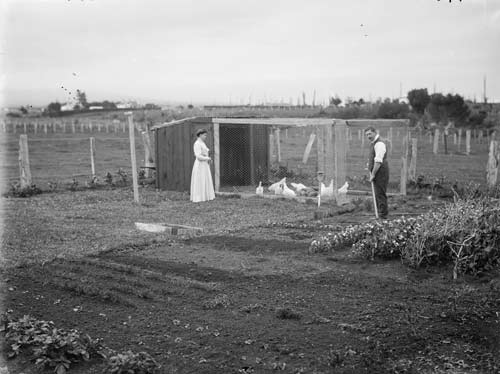
Bill ploughed up a bit of paddock every year and teased sackfuls of produce from the loam. This was in addition to the garden at the house. He also grew citrus of every conceivable stripe, not forgetting plums, apples and feijoas. His Rome Beauties still are the best apple I have ever had, and his fig tree was a miracle. A magnet for birds, he had set up a system of interconnected rattling cans and with a tug on the wire that reached in through the kitchen window, he sent the birds scattering at his leisure. The contest for those florid violet beauties was intense.
In the high summer we would often sit under the plum tree eating the bird pecked fruit lying on the ground. “The birds know exactly which fruit is ripest and if it is bird pecked you can be sure it is good,” he would say. Otherwise, we talked soil and nothing gave either of us more pleasure than turning over a sod and examining the worms, fungi and various wriggling insects. “A healthy soil provides,” Bill would say. When I repeated this to Bob he would look at me as if I was talking a foreign language. In his eyes Bill was a bit dreamy and impractical.
Bob had no fruit trees but he knew who did and sometimes in the evening of a the late summer we would go raiding. Probably not the kind of activity a man of his standing in the community should be indulging in, but he revelled in the sneaking about and the quaffing of stolen fruit. I admired Bob. He was self-made man who had endured an inordinate amount of suffering through his life. Bill’s life had been altogether easier, and while both men were about as different as chalk and cheese, both shared a mischievous of humour that suggested in some ways that they were still boys at heart.
Bob was somewhat OCD, as demonstrated by the manicured perfection of his garden. Bill was anything but. Everything he touched was an experiment in make-do and delightfully ramshackle. Both men had their difficulties as husbands and fathers, but by the time I rolled around they had found their rhythm and were ready to pass on what they had learned, grateful I think for a young soul eager to listen.
Both were mentors and both offered me varied glimpses of the secret magic they saw in the world, and later when I had my own family and sat in a garden to feed them, I discovered a bit of both men at work in my style. Like Bill, I was devoted to the philosophy of soil and like Bob, I kept it all perfectly manicured and clockwork. I maintained a wild place for the fairies, staying true to the ages old tradition while maintaining an interest in the orthodox. Often, when I was out the back weeding or spreading compost, I caught myself talking to one or another. With Bob it was all about process and organisation, with Bill it was all about ideas, invention and soil.
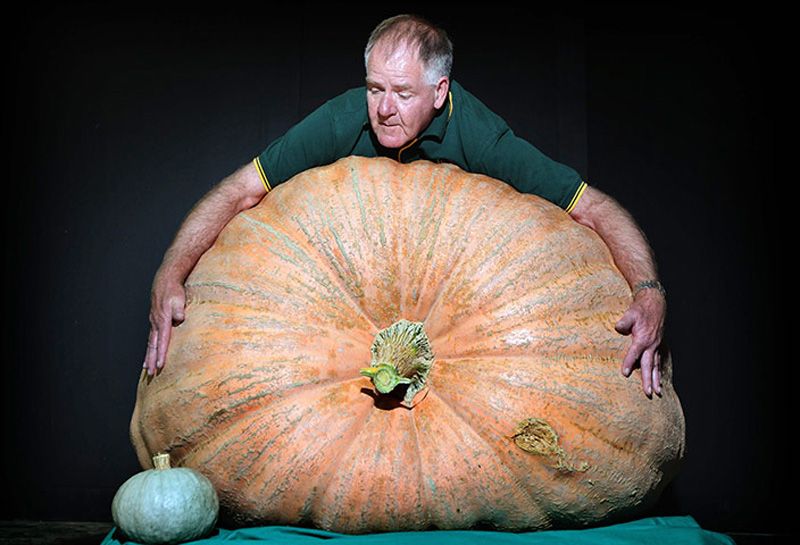
Both died at roughly the same age, in their mid-eighties. Bill just dropped dead out on the farm one morning and Bob spent his last year or so in an Alzheimer’s facility. I remember Bob, a biblical Christian, saying that a man was due “three score years and ten” (60-70 years depending on the source) and should expect no more. Bill’s wife had done her time on the farm and was ready for the easier pace of town life. He didn’t want to go and as it turned out, didn’t have to. ANDREW JOHNSTON








